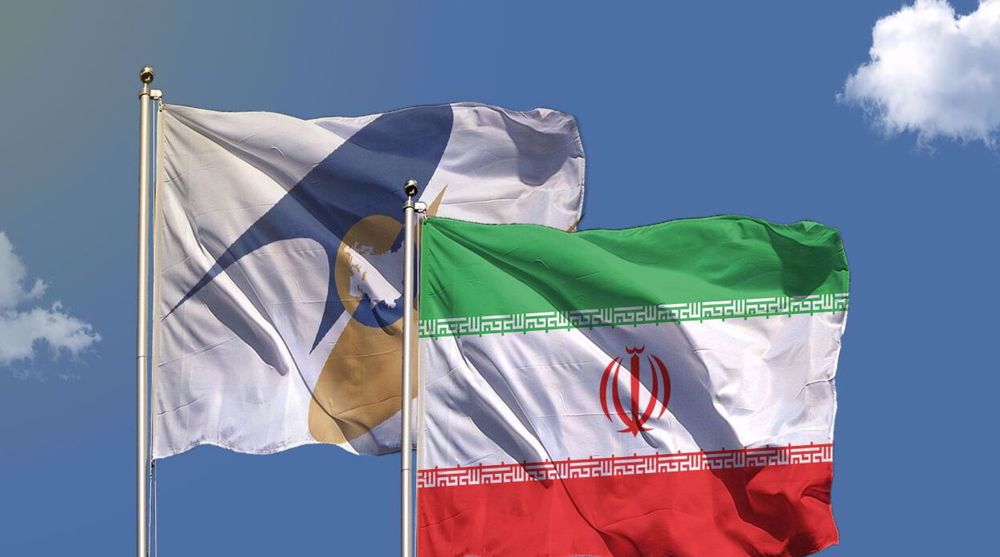Iran, Iraq sign three agreements on economic cooperation
Iran and Iraq have signed three agreements for the expansion of cooperation in various economic fields between the two neighboring countries.
According to Iranian media, the agreements were signed in presence of Iran's Minister of Economic Affairs and Finance Ali Tayyebnia and his Iraqi counterpart, Hoshyar Zebari, in Tehran on Sunday.
The agreements aim to boost cooperation between Iran and its western neighbor in such areas as customs, taxation and mutual investment.
Speaking to reporters on the sidelines of the signing ceremony, Iran's minister of economic affairs and finance said according to the agreements, Iran and Iraq will expand customs cooperation while taking steps to do away with double taxation and encourage mutual investment in the two countries.
Tayyebnia further stated that the volume of bilateral trade between Iran and Iraq currently stands at USD 12 billion a year, expressing hope that the new agreements will further increase that figure to over USD 20 billion.

Zebari, for his part, congratulated the Iranian nation and government on the conclusion of the nuclear talks between the Islamic Republic and the P5+1 group of countries – the US, the UK, France, Germany, China, and Russia – in Vienna on July 14, which led to an agreement between the two sides, known as the Joint Comprehensive Plan of Action (JCPOA).
According to JCPOA, sanctions against Iran's economic sectors, including oil and gas industry, will be lifted in return for certain restrictions on Tehran’s nuclear program.
Zebari described the nuclear agreement between Iran and the sextet as rational, helpful and in the benefit of both Iran and the entire region.
The Iraqi minister also stated that relations between the two countries are progressive, expressing hope that Iran-Iraq ties with further expand in future.
Zebari arrived in the Iranian capital, Tehran Saturday evening, heading an economic delegation.
Earlier on Sunday, he met with Iran's Foreign Minister Mohammad Javad Zarif, during which the two sides explored various aspects of bilateral relations.
'Red line': Hamas rejects Israel’s demand for ‘full demilitarization’ of Gaza
VIDEO | Ramadan transforms streets into vibrant celebrations in Iran
Until we meet again: A letter to the ‘master of resistance’ Sayyed Hassan Nasrallah
Unraveling Iran’s puzzle of assets frozen abroad
Indian worker shot dead in Jordan trying to enter Israeli-occupied territories
Leader’s advisor warns Turkish officials against repeating baseless claims about Iran
‘US complicity’: Hezbollah says Israel used American intel, missiles to assassinate Nasrallah
Japanese judge elected ICJ president, set to oversee Israeli genocide case










 This makes it easy to access the Press TV website
This makes it easy to access the Press TV website